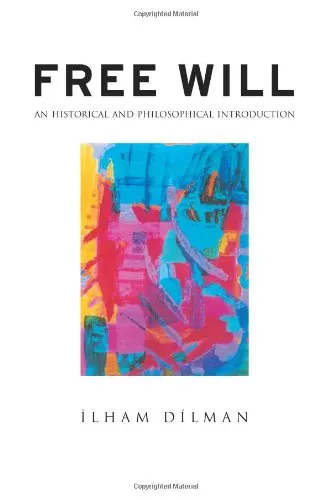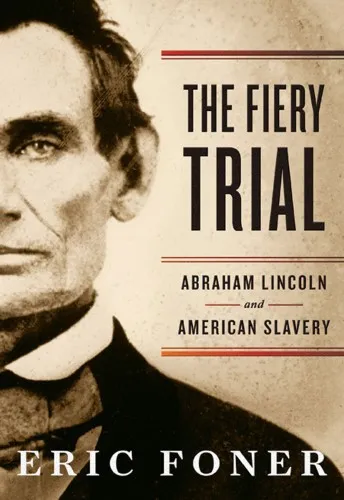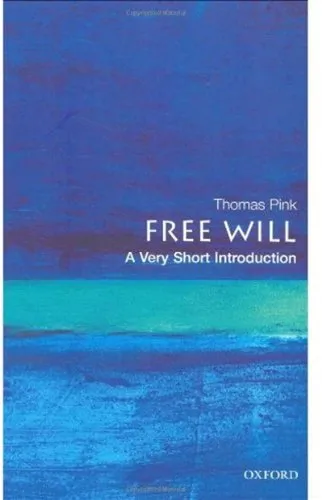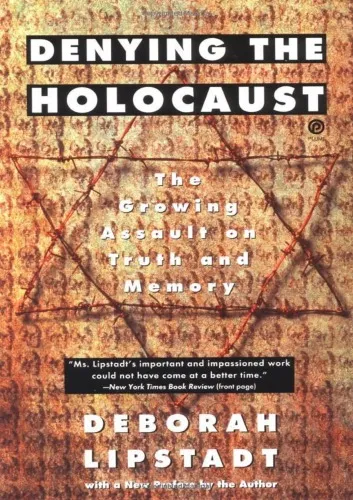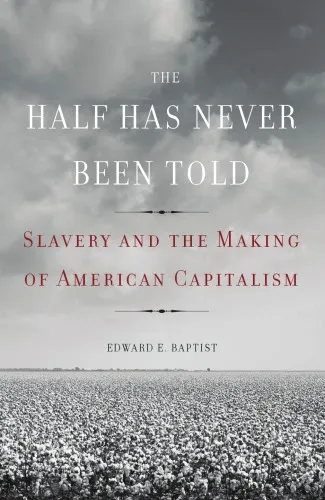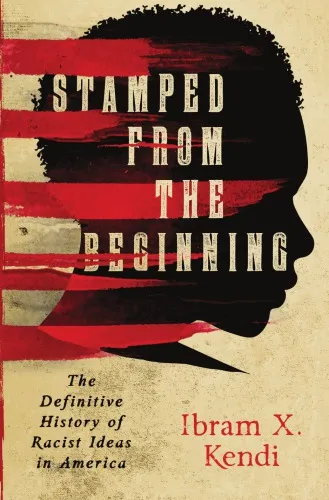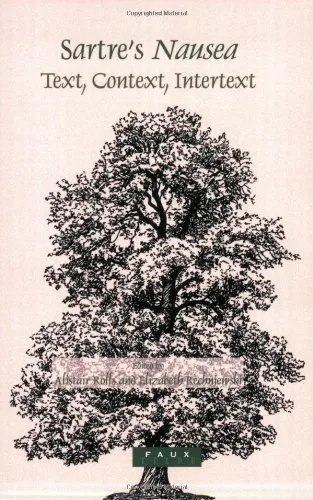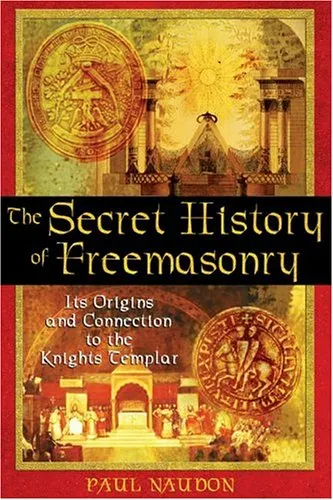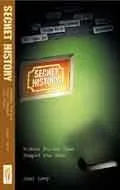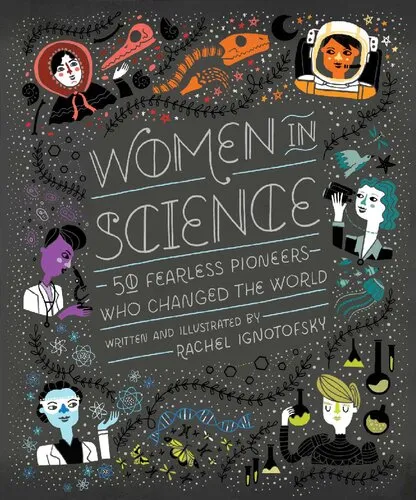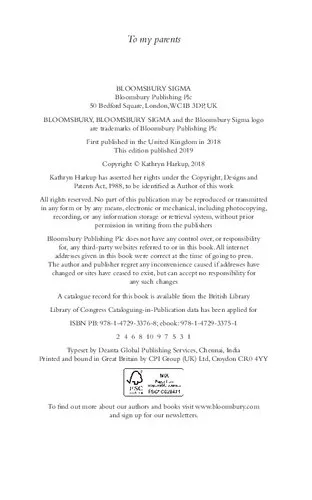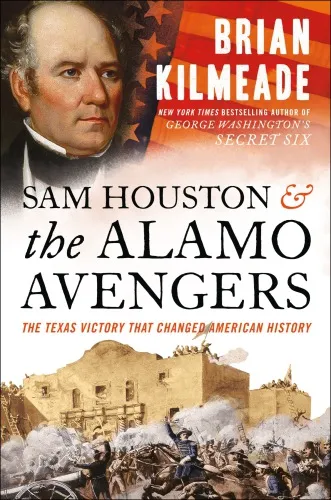Free Will - Historical and Philosophical Introduction
4.3
بر اساس نظر کاربران

شما میتونید سوالاتتون در باره کتاب رو از هوش مصنوعیش بعد از ورود بپرسید
هر دانلود یا پرسش از هوش مصنوعی 2 امتیاز لازم دارد، برای بدست آوردن امتیاز رایگان، به صفحه ی راهنمای امتیازات سر بزنید و یک سری کار ارزشمند انجام بدینکتاب های مرتبط:
معرفی کتاب
کتاب 'Free Will - Historical and Philosophical Introduction' اثر برجسته ای است که به بررسی عمیق مفهوم Free Will در تاریخ و فلسفه میپردازد. نویسنده با بهرهگیری از دیدگاههای تاریخی و فلسفی، تلاش کرده است تا به پرسشهای بنیادینی بپردازد که همواره ذهن فلاسفه و اندیشمندان را به خود مشغول کردهاند.
خلاصهای از کتاب
این کتاب به چندین بخش اصلی تقسیم شده است که هر یک جنبههای مختلف Free Will را مورد بررسی قرار میدهد. در فصلهای ابتدایی، نویسنده به تبیین تاریخی این مفهوم پرداخته و دیدگاههای فلاسفه بزرگی همچون سقراط، افلاطون، ارسطو و آگستین را مورد تحلیل قرار میدهد. در ادامه، نویسنده به بررسی تطورات دیدگاهها در دوران مدرن میپردازد و نظرات فیلسوفانی چون دکارت، اسپینوزا و لاک را تحلیل میکند.
فصلهای پایانی کتاب به مسائل معاصر پیرامون Free Will اختصاص دارد و نویسنده به بررسی ارتباط آن با مسائل علمی، از جمله یافتههای علوم اعصاب و روانشناسی، میپردازد.
نکات کلیدی
- ارائه یک درک جامع از مفهوم Free Will از دیدگاه تاریخی و فلسفی.
- تحلیل دقیق و موشکافانه از نظرات فلاسفه بزرگ در رابطه با آزادی اراده.
- بررسی تأثیر یافتههای علمی مدرن بر مباحث فلسفی آزادی اراده.
- پرسشگری درباره اینکه آیا آزادی اراده با جبرگرایی سازگار است یا خیر.
جملات معروف از کتاب
یکی از مهمترین پرسشهایی که بشر در طول تاریخ با آن مواجه بوده این است که آیا ما واقعاً در اعمال و تصمیمات خود آزادیم، یا اینکه تمامی اعمال ما نتیجهای از زنجیرهای از علل پیشین است.
تاریخ فلسفه نشان میدهد که دیدگاههای متعددی درباره آزادی و جبرنشینی وجود داشته و هرکدام به نوبه خود کوشیدهاند تا به این مسئله پیچیده پاسخی بیابند.
چرا این کتاب مهم است؟
آزادی اراده یکی از مفاهیم اساسی در فلسفه است که بر تمامی جنبههای زندگی انسان تأثیر میگذارد. فهم بهتر آن میتواند به فهم عمیقتر انسان از خود و دنیای پیرامون کمک کند. این کتاب با ارائه تحلیلهای جامع و عمیق، به خوانندگان کمک میکند تا دیدگاههای تاریخی و معاصر درباره آزادی اراده را بهتر درک کنند و به پرسشهایی پیرامون ماهیت واقعی آزادی پاسخ دهند.
Welcome to a comprehensive exploration of the book "Free Will - Historical and Philosophical Introduction". This text delves into one of the most enduring questions in philosophy: do humans have free will, or are our actions determined by forces beyond our control?
Detailed Summary of the Book
The book 'Free Will - Historical and Philosophical Introduction' offers an in-depth journey through the evolving landscape of philosophical thought regarding free will. Structured to engage both philosophy newcomers and seasoned scholars, the text embarks on a historical tour, unveiling how the question of free will has been addressed over centuries.
Readers are introduced to foundational ideas from classical philosophers such as Aristotle and further guided through the dynamic discussions of free will by later thinkers like Descartes and Kant. The exploration doesn't stop at historical perspectives; it also tackles contemporary debates and applies the philosophical inquiry of free will to modern scientific insights.
In addition to discussing determinism, libertarianism, and compatibilism, the book also probes into the implications of free will (or the lack thereof) on moral responsibility, ethics, and human agency. By doing so, it provides readers with a multidimensional understanding of how the doctrine of free will intersects with human psychology and societal norms.
Key Takeaways
- Free will is a complex and multifaceted topic that intertwines with numerous aspects of human thought and behavior.
- Philosophers throughout history have variously supported, refuted, and redefined the concept of free will, showcasing its persistent relevance.
- The book contextualizes free will within modern scientific frameworks, particularly in relation to neurological and psychological insights.
- Understanding the nuances of free will enables deeper engagement with questions of moral and ethical responsibility.
- The discourse around free will remains as pertinent today as ever, reflecting broader cultural and existential queries.
Famous Quotes from the Book
"The question of free will is not a question of whether we can do as we please but whether we are the true authors of our actions."
"To understand free will, we must examine the chains that bind us—be they tangible or of our own making."
Why This Book Matters
Addressing one of philosophy’s most persistent and intriguing queries, this book provides readers with a meticulously detailed framework to understanding free will. By taking an interdisciplinary approach that incorporates historical, philosophical, and scientific perspectives, it acts as a vital resource for anyone seeking to comprehend how the concept of free will impacts individual and collective human experiences.
Furthermore, the book's engagement with both historical and contemporary conversations ensures that it remains relevant amid ongoing debates in philosophy and beyond. By fostering a nuanced understanding of free will, the book encourages readers to reflect on the implications these discussions hold for personal freedom, autonomy, and ethical responsibility.
In a world where questions about autonomy, control, and responsibility are increasingly urgent—whether in the context of technology, society, or individual life choices—this book serves as an essential guide for thoughtful inquiry and introspection.
دانلود رایگان مستقیم
شما میتونید سوالاتتون در باره کتاب رو از هوش مصنوعیش بعد از ورود بپرسید
دسترسی به کتابها از طریق پلتفرمهای قانونی و کتابخانههای عمومی نه تنها از حقوق نویسندگان و ناشران حمایت میکند، بلکه به پایداری فرهنگ کتابخوانی نیز کمک میرساند. پیش از دانلود، لحظهای به بررسی این گزینهها فکر کنید.
این کتاب رو در پلتفرم های دیگه ببینید
WorldCat به شما کمک میکنه تا کتاب ها رو در کتابخانه های سراسر دنیا پیدا کنید
امتیازها، نظرات تخصصی و صحبت ها درباره کتاب را در Goodreads ببینید
کتابهای کمیاب یا دست دوم را در AbeBooks پیدا کنید و بخرید
1370
بازدید4.3
امتیاز0
نظر98%
رضایتنظرات:
4.3
بر اساس 0 نظر کاربران
Questions & Answers
Ask questions about this book or help others by answering
No questions yet. Be the first to ask!
